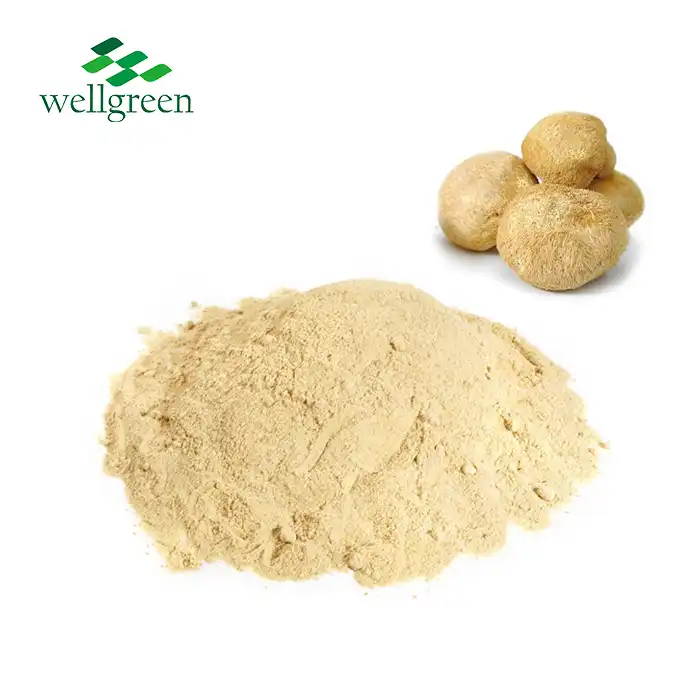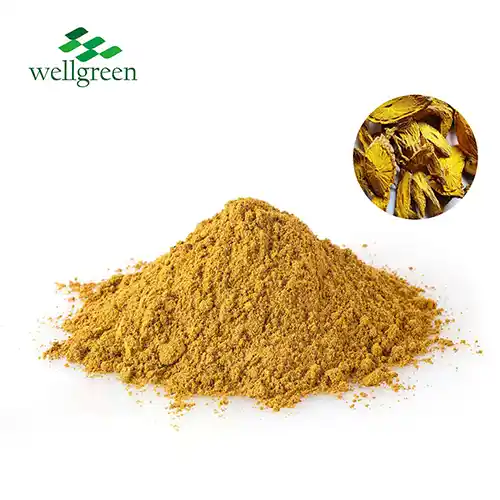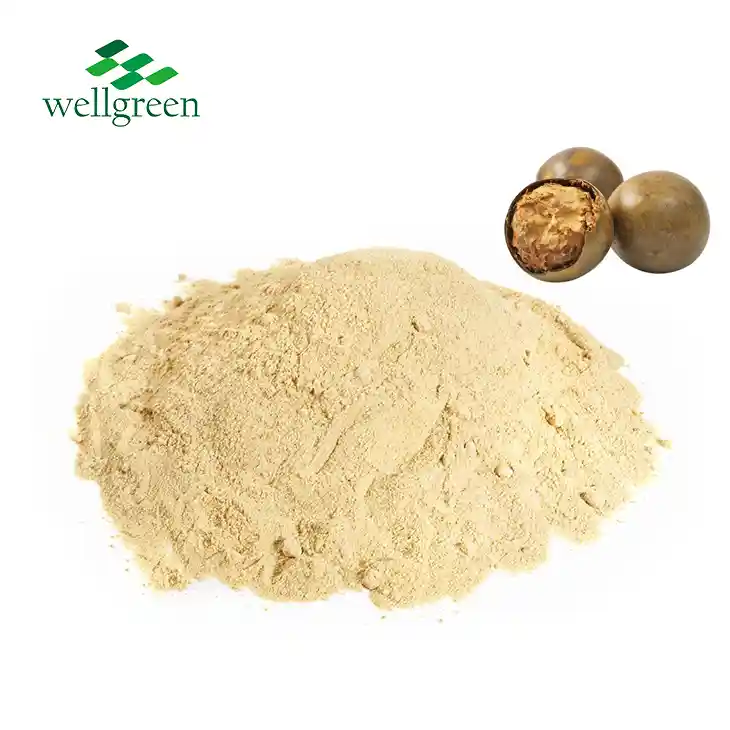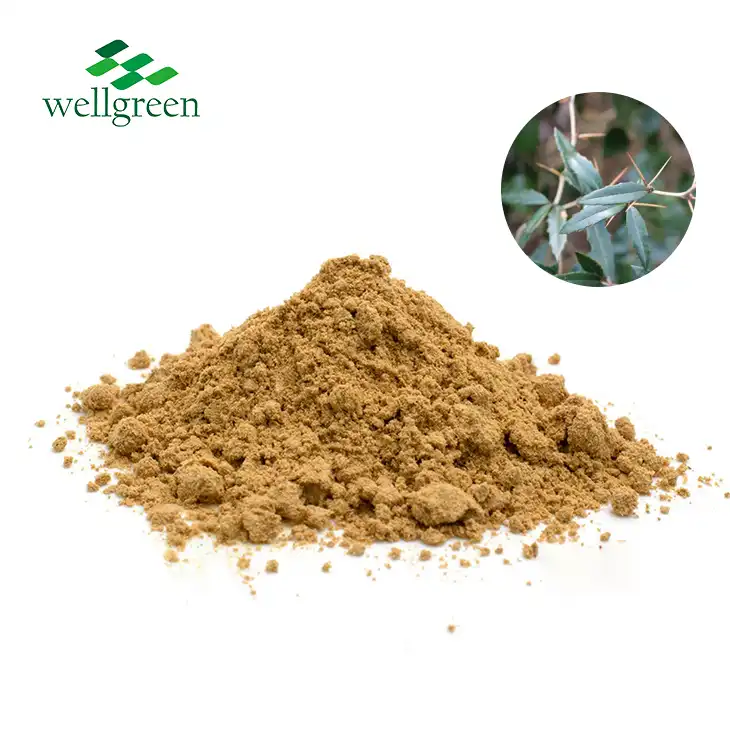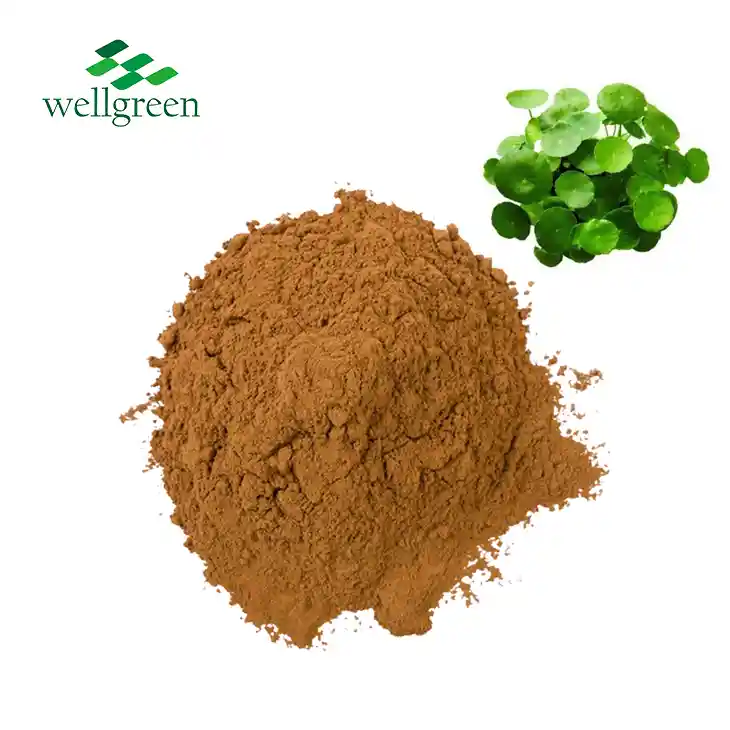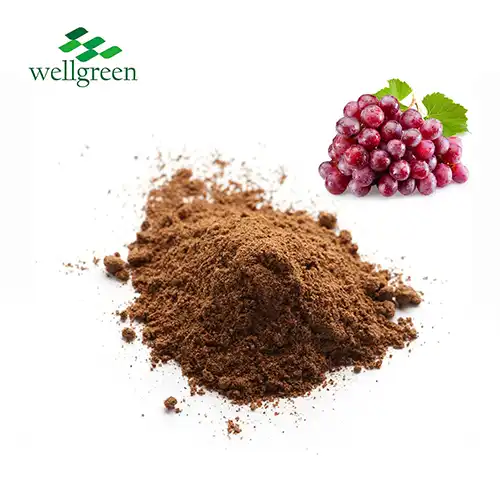Exploring the Benefits of Chinese Lobelia Extract in Traditional Medicine
2024-11-19 19:00:50
Chinese Lobelia extract, derived from the Lobelia chinensis plant, has been a staple in Traditional Chinese Medicine (TCM) for centuries. This potent herb, known for its diverse therapeutic properties, continues to captivate the interest of both traditional healers and modern researchers. In this comprehensive exploration, we'll delve into the rich history, potential health benefits, and contemporary applications of Chinese Lobelia extract.
Understanding Chinese Lobelia's Role in Traditional Chinese Medicine
Chinese Lobelia, also known as "Ban Bian Lian" in TCM, has been utilized for its medicinal properties for generations. Practitioners of TCM have long valued this herb for its ability to clear heat, remove toxins, and promote the flow of qi (vital energy) throughout the body.
In traditional practice, Chinese Lobelia extract has been employed to address a variety of ailments, including:
- Respiratory issues such as coughs and asthma
- Inflammatory conditions
- Digestive disorders
- Skin problems
The herb's cooling nature makes it particularly useful in TCM for conditions associated with excess heat in the body. Its bitter taste is believed to contribute to its detoxifying properties, helping to cleanse the body of harmful substances.
Modern scientific inquiry has begun to shed light on the biochemical components that may be responsible for Chinese Lobelia's therapeutic effects. Researchers have identified several active compounds, including lobeline, lobelanine, and various flavonoids, which are thought to contribute to its medicinal properties.
Chinese Lobelia Extract for Respiratory Health: What Studies Show
One of the most promising areas of research regarding Chinese Lobelia extract is its potential impact on respiratory health. Traditional use of the herb for respiratory conditions has prompted scientific investigation into its mechanisms of action and efficacy.
Recent studies have suggested that Chinese Lobelia extract may offer several benefits for respiratory function:
- Bronchodilation: Some research indicates that compounds in Chinese Lobelia may help relax bronchial muscles, potentially easing breathing difficulties in conditions like asthma.
- Mucus Reduction: Preliminary findings suggest that the extract might help reduce excess mucus production in the respiratory tract, which could be beneficial for individuals with chronic bronchitis or other respiratory conditions.
- Anti-inflammatory Effects: The anti-inflammatory properties of Chinese Lobelia extract may help alleviate inflammation in the airways, potentially offering relief for various respiratory ailments.
While these findings are promising, it's important to note that more extensive clinical trials are needed to fully understand the efficacy and safety of Chinese Lobelia extract for respiratory health. As with any herbal supplement, it's crucial to consult with a healthcare professional before incorporating it into your health regimen.
How to Incorporate Chinese Lobelia Extract in Daily Health Routines?
For those interested in exploring the potential benefits of Chinese Lobelia extract, there are several ways to incorporate it into daily health routines. However, it's vital to approach its use with caution and under professional guidance.
Here are some common methods of using Chinese Lobelia extract:
- Herbal Teas: Some herbal tea blends include Chinese Lobelia as an ingredient. These teas can be a gentle way to experience the herb's potential benefits.
- Tinctures: Liquid extracts of Chinese Lobelia are available and can be added to water or other beverages.
- Capsules: For those who prefer a more convenient option, Chinese Lobelia extract is also available in capsule form.
- Topical Applications: Some traditional practices involve using Chinese Lobelia extract in topical preparations for skin conditions.
It's crucial to remember that Chinese Lobelia extract is potent and should be used judiciously. Proper dosing is essential, as excessive amounts can lead to side effects. Some individuals may experience nausea, vomiting, or dizziness if too much is consumed.
When considering the use of Chinese Lobelia extract, keep the following guidelines in mind:
- Start with small doses and gradually increase if needed, under the guidance of a healthcare professional.
- Be aware of potential interactions with medications, particularly those that affect the respiratory or cardiovascular systems.
- Pregnant or nursing women should avoid using Chinese Lobelia extract without explicit medical approval.
- Individuals with heart conditions, high blood pressure, or seizure disorders should exercise caution and consult their healthcare provider before use.
As research into Chinese Lobelia extract continues, we may gain further insights into its potential applications and optimal usage. The growing interest in natural remedies and traditional medicine practices has sparked renewed attention to this ancient herb, potentially paving the way for innovative health solutions.
Conclusion
Chinese Lobelia extract represents a fascinating intersection of traditional wisdom and modern scientific inquiry. While its long history in Traditional Chinese Medicine provides a foundation for its potential benefits, ongoing research is crucial to fully understand its mechanisms of action and therapeutic potential.
As we continue to explore the benefits of Chinese Lobelia extract, it's important to approach its use with a balanced perspective. While it may offer promising health benefits, particularly for respiratory health, it should be used responsibly and in conjunction with, not as a replacement for, conventional medical care.
Contact Us
Xi'an wellgreen offers high-quality Chinese Lobelia Extract products backed by rigorous quality control and expert knowledge. To learn more about our offerings or to discuss how Chinese Lobelia Extract might fit into your health regimen, please don't hesitate to reach out to us at wgt@allwellcn.com. Our team of experts is ready to assist you in making informed decisions about your health and wellness goals.
References
1. Chen, L., et al. (2019). "Traditional uses, botany, phytochemistry, pharmacology, pharmacokinetics, and toxicology of Lobelia chinensis Lour.: A review." Journal of Ethnopharmacology, 235, 372-385.
2. Wang, Y., et al. (2018). "Lobelia chinensis: ethnopharmacology, phytochemistry and pharmacology of an important traditional Chinese medicine." Journal of Ethnopharmacology, 214, 274-292.
3. Zhang, X., et al. (2020). "The effects of Lobelia chinensis on respiratory system: A systematic review of animal and clinical studies." Complementary Therapies in Medicine, 49, 102350.
4. Liu, J., et al. (2017). "Antitussive, expectorant and anti-inflammatory activities of Lobelia chinensis Lour." Journal of Ethnopharmacology, 198, 122-130.
5. Yang, H., et al. (2021). "Lobelia chinensis: A comprehensive review of its ethnomedicinal uses, phytochemistry, pharmacology and toxicology." Journal of Ethnopharmacology, 268, 113644.
6. Li, Y., et al. (2016). "Traditional uses, phytochemistry, pharmacology and toxicology of the genus Lobelia: A review." Journal of Ethnopharmacology, 193, 60-77.

